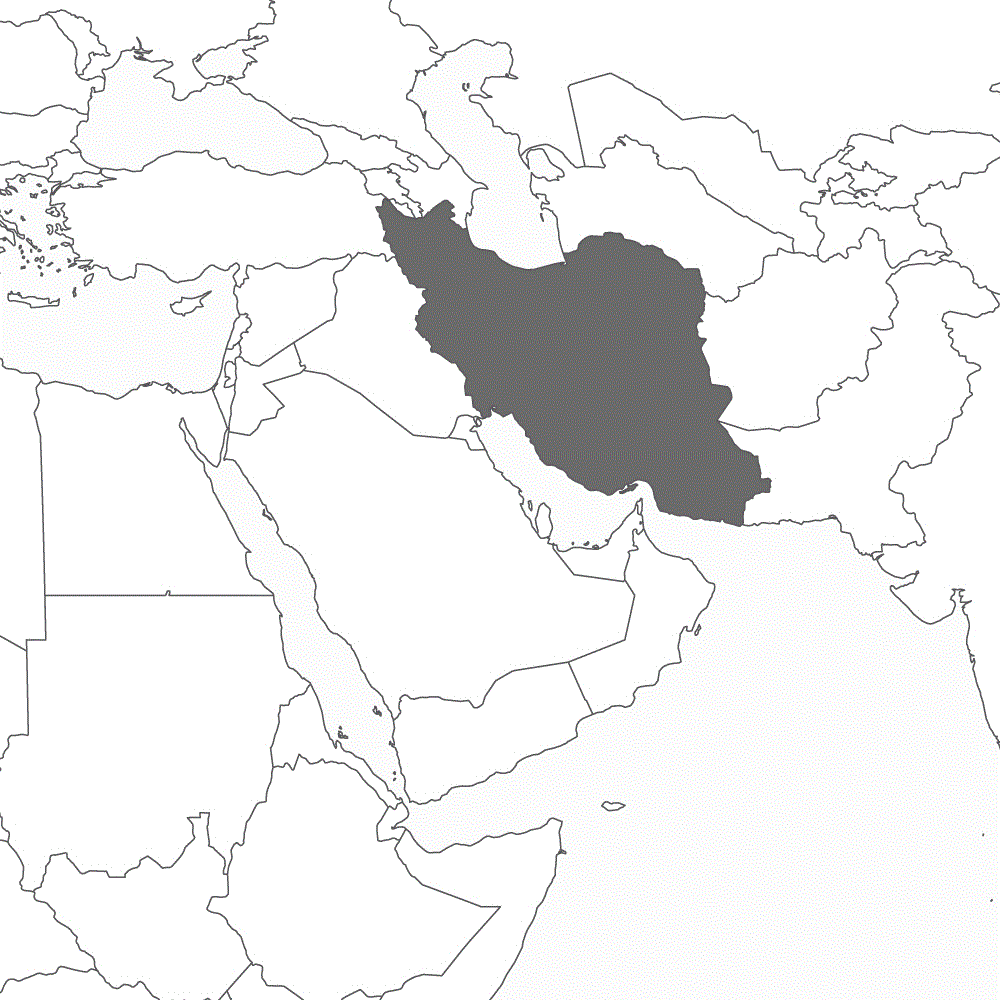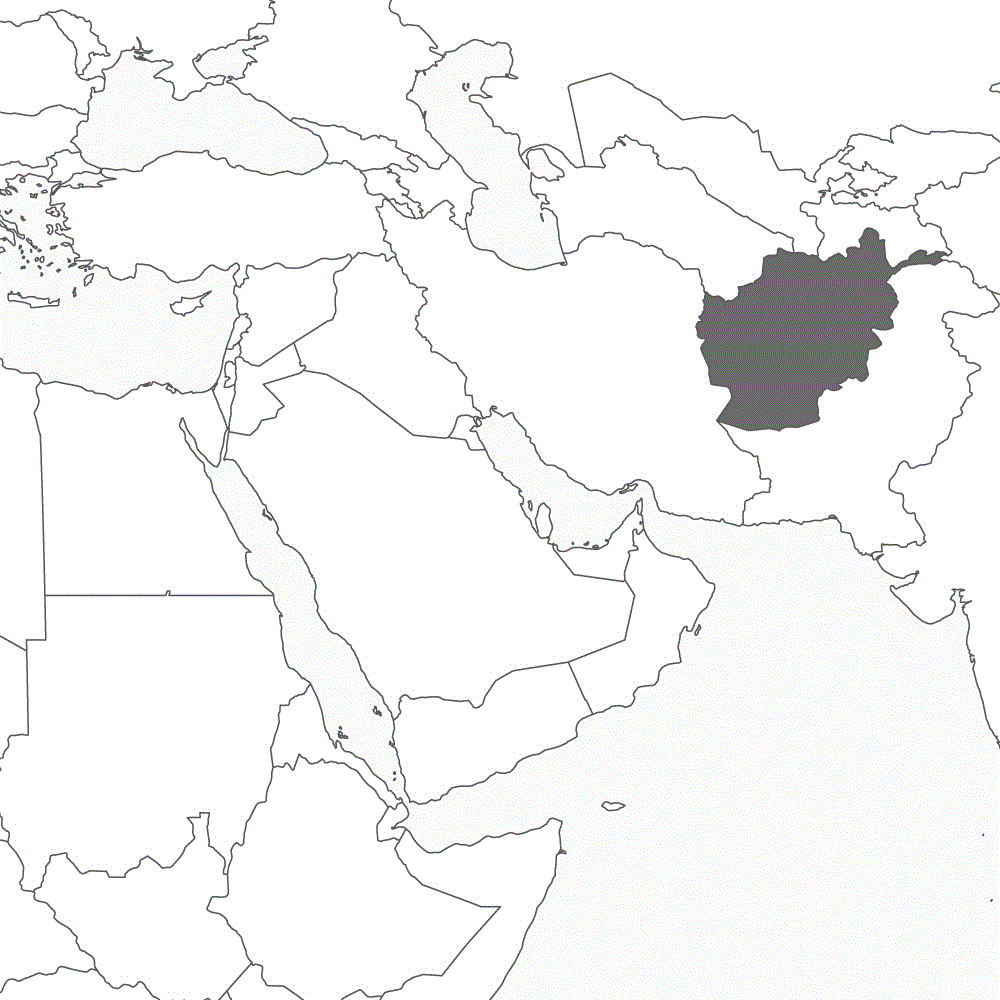Who Makes the Rules
The controversy over "coronabonds" escalates as it had once done over eurobonds. Germany's economic dominance of the EU is at issue.
BERLIN/BRUSSELS (Own report) - The German government is doing its utmost to block the demand for issuing so-called coronabonds to combat the looming dramatic economic crisis. The demand is made by southern euro zone countries, particularly Italy, to ease their interest burden. Berlin, however, is categorically rejecting this - just as it had done a few years ago during the fight against the euro crisis, because this would increase its own low interest burden. Ultimately, that could somewhat reduce Germany's economic predominance within the EU - something the German government seeks to avoid by all means. This controversy nearly caused a clash during last Thursday's video conference of the EU's heads of states and governments. According to reports, it seems that the EU Commission had initially advocated the issuance of coronabonds and in the meantime, Commission President Ursula von der Leyen has come around to accept the idea. In Brussels, Berlin only agrees to loosen restrictions on relief measures that it needs to have loosened for itself - namely the ceilings on permissible new debts. Read more
The New Global Health Powers
Berlin and Brussels accuse China of waging a "struggle for influence" with its Covid-19 "politics of generosity" aid.
BERLIN (Own report) - The German government and the EU Commission are taking up positions against Chinese aid, in the combat against the Covid-19 pandemic. In view of the fact that Italy, for example, is receiving systematic support from Beijing, after the EU's refusal of aid, "controversial debates on how to deal with China" are pending, according to the German Defense Ministry. EU Foreign Affairs Commissioner Josep Borrell detects a "global battle of narratives." Beijing is waging a "struggle for influence" with "politics of generosity," which the EU must counteract. Since China succeeded in containing Covid-19, it has come to the aid of a growing number of countries around the world. Western powers, which have traditionally been using their assistance for consolidating their global influence, are unable to control the virus and some are requiring assistance themselves. For the aftermath of the pandemic, experts are predicting "a changed world order" with the East Asian countries as the "new global health powers." Read more
No Mercy from the West
UN Secretary General sharply criticizes sanctions on Iran because they hamper the fight against the Covid-19 pandemic. Berlin remains silent.
BERLIN/WASHINGTON/TEHRAN (Own report) - US sanctions on Iran, to which German enterprises are obliged to conform, are in fact seriously hampering the fight against the Covid-19 pandemic, according to UN General Secretary António Guterres, who is campaigning for an immediate suspension of the sanctions. The boycott measures had already caused serious damage to Iran's health system prior to the outbreak of the pandemic, depriving, for example, cancer patients of desperately needed medicine. Now they are blocking deliveries of Covid-19 test kits that are inexpensively produced in Germany. Iran is one of the countries hardest hit by the pandemic. The numbers given in yesterday's official statistics - around 27,000 infected, a little more than 2,000 deaths - are considered far too low. Iranian experts fear an increase in deaths into the 6 or 7-digits. Washington, with absolutely no intention of at least suspending the sanctions to enable the fight against the pandemic, imposed even new punitive measures a few days ago. Berlin remains inactive and silent. Read more
Acceptance Denied
Germany is currently the only European country to reject Chinese offers of support in combating the Covid-19 pandemic.
BERLIN/BEIJING (Own report) - Germany is the only country in Europe to have currently rejected China's offer of support in combating the Covid-19 pandemic. According to China's President Xi Jinping, he informed Chancellor Angela Merkel that the People's Republic of China "is willing to provide help within our capabilities," if Germany "is in need." Over the past few days, Beijing has sent aid supplies and - in some cases - teams of doctors to provide practical on-site assistance to several European countries including Italy, Spain and France. Berlin has ignored the offer of support, even though there is, for example, a glaring shortage of respiratory protection masks in Germany. More than 80 percent of Germany's registered doctors are complaining that they cannot procure sufficient protective clothing. Serious accusations for failing to take preventive measures are being raised against the German government, which has been emphasizing that it is "well prepared." Leading German media are denouncing China's aid as a "propaganda campaign" and accuse the country of being "the cause of the pandemic." The only thing missing is the use of Trump's label of a "Chinese virus." Read more
EU Solidarity (II)
Experts expect the Corona Crisis to have a serious impact on the EU. Centrifugal forces are already growing stronger.
BERLIN (Own report) - Experts expect the Corona crisis to have a serious impact on the EU and speculate a possible disintegration of the Union. According to an expert in the USA, the heavy human toll that the pandemic will exact and the feeling "that the European institutions are not helping," could give rise to centrifugal tendencies, particularly in those countries hardest hit, such as Italy and Spain, which are also the countries deeply indebted. Tensions between Germany, on the one hand, and France and Italy on the other, have been already increasing since Berlin unilaterally closed Germany's borders, thereby annulling the Schengen Agreements. Whereas the Élysée Palace has angrily complained about "the unilateral measures at the borders," the pro-EU Italian daily "La Repubblica," notes that Berlin, rather than a detailed coordination "with the partners," in one of the worst crises the Union has faced, it pursues "a national logic." Therefore, the Covid-19 virus has "swept away" the last remaining "illusions" about the EU. Read more
Power Struggle over Afghanistan
Germany continues deportations to Afghanistan despite war and Corona crises. Record number of civilian casualties from western air strikes at the Hindu Kush.
BERLIN/KABUL (Own report) - In the midst of the Corona crisis, Germany is continuing collective deportations to Afghanistan. Last week, 39 Afghans were forcefully deported from Germany to Kabul, even though the country remains war stricken and is now suffering from the COVID-19 pandemic. Other countries have already been closing their borders to those arriving from Germany, because it is one of the countries with the most infections worldwide. At the same time, the Bundestag has prolonged the Bundeswehr's mission at the Hindu Kush for another year until March 2021 - the 19th year without any prospect of a military victory. Last year, the number of civilian casualties due to air strikes by the Afghan military and their western allied forces reached a record high of 700. The United States is now preparing to withdraw its troops from Afghanistan, to better focus, also militarily, on its power struggle with China. Read more
Berlin's Priorities
The German Government prioritizes the economy over measures of containment of the COVID-19 virus.
BERLIN (Own report) - In the corona crisis, the German government has initiated measures aiding the German economy, but refuses urgently recommended measures by the WHO for protecting the population. Berlin is doing "everything" to prevent the coronavirus COVID-19 from "affecting the economy throughout Germany," German Minster of the Economy, Peter Altmaier, was quoted saying early this month. The measures are reinforcing positions of German businesses vis à vis their global rivals. The following steps will be discussed tomorrow, Friday. At the same time, the government is opposing the closure of schools and kindergartens, as WHO and leading experts are recommending, because children transmit the virus for a longer period than adults, according to initial studies. Germany's Minister of Health, Jens Spahn, on the other hand, declared that closing schools should be avoided, so that parents are still available as workers for the enterprises. This, however, would eliminate any possibility of containment of the virus, as several Asian countries have been able to do. According to Chancellor Angela Merkel, "60 to 70 percent" of the population could be infected - throughout Germany. Read more
The Western Armament Community (II)
Western powers account for two thirds of the world's arms exports - supplying Iran's Arab rivals and China's potential adversaries.
BERLIN (Own report) - Germany, the EU and the western powers altogether have increased their already dominant share of the booming global arms export, according to a report on international arms transfers published by the Stockholm International Peace Research Institute (SIPRI) yesterday. Germany is the fourth largest arms export nation. With a 26 percent share, the EU is well ahead of Russia (21 percent) and behind the USA (36 percent). Two thirds of the world's exports of heavy war machinery are attributed to arms manufacturers in North America and Europe (excluding Russia). SIPRI's list of recipient states is a clear indication of current and future hot spots. Six of the top ten global arms importers are located in the Arab world, particularly at the Persian Gulf. One sixth of all arms exports are being delivered to western allies in the power struggle with China in East and Southeast Asia and in the Pacific realm - with German arms exports being an integral part. Read more
Buffer Zone in the Airspace
Russia and Turkey Reach Ceasefire Accord for Idlib - without German and EU Participation.
BERLIN/DAMASCUS (Own report) - Berlin's efforts to use the plight of the Idlib refugees to gain influence in northern Syria, have again been unsuccessful. Yesterday, Thursday, Russian President Vladimir Putin and his Turkish counterpart Recip Tayyip Erdoğan reached a ceasefire accord for Idlib, due to go into effect today, Friday. German Chancellor Angela Merkel had previously sought participation in that summit meeting, while politicians in Berlin were also threatening to impose sanctions on Russia to have a "buffer zone" created in Idlib - both to no avail. If Moscow can successfully stabilize a ceasefire, it will mean that important prerequisites have been obtained for bringing Syria's economy back into swing. In spite of this, demands for a "no-fly-zone" were raised yesterday at a meeting of the EU's foreign ministers. The EU's foreign policy representative called for a "buffer zone in the airspace." It is regrettable that the Union seeks to "speak the language of power," but lacks the means to carry it out, it was alleged. Read more
The Arms Industry's "Super Cycle"
Arms manufacturer Rheinmetall booms, record-breaking contracts - for weapons aimed at Russia and China in particular.
DÜSSELDORF (Own report) - Düsseldorf's Rheinmetall arms manufacturer is enjoying a sumptuous upswing in sales for its arms sector and a record-breaking number of contracts. Whereas the company's automotive sector is marking a downswing in sales, in comparison to last year, due to 2019's signs of weakness in the overall auto industry, the current boom in armaments is more than compensating. The shareholders are "delighted," boasts stock exchange reports. At Rheinmetall, there is talk of a "'super cycle' in the company's military sector." Western governments - the company's current and potential customers - are engaged in a massive arms buildup. Whereas this year's military budget for the Bundeswehr will be increased to €45.1 billion - nearly 40 percent more than it was in 2014 - the military budgets of the European countries together will be more than €300 billion. The US military budget is more than US $700 billion. Rheinmetall is benefiting also from the Arab countries' arms buildups against Iran, but above all, from the buildup of the western world against Russia and China. Read more
GERMAN-FOREIGN-POLICY.com
Information on German Foreign Policy: News + Interviews + Analyses + Background



